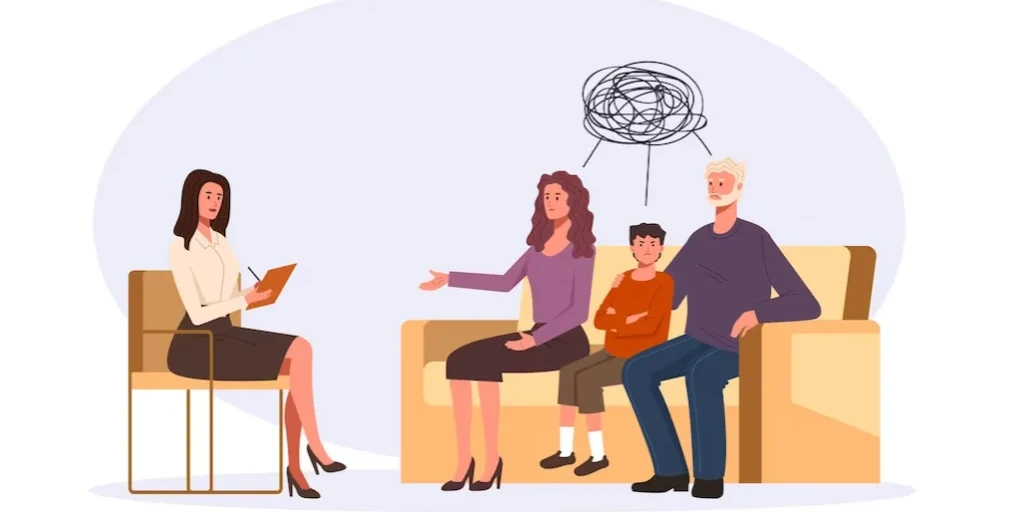24/7 Helpline:
(866) 899-221924/7 Helpline:
(866) 899-2219
Learn more about Anxiety Treatment centers in Green River
Anxiety Treatment in Other Cities

Other Insurance Options

Evernorth

MVP Healthcare

Amerigroup

Holman Group

Providence

Cigna

UnitedHealth Group

Health Choice

Choice Care Network

United Health Care

AllWell

Sliding scale payment assistance

WellCare Health Plans

CareFirst

Humana

Lucent

Private insurance

American Behavioral

Sutter

Meritain

Four Corners Behavioral Health
Four Corners Behavioral Health is a public rehab located in Green River, Utah. Four Corners Behavior...

Southwest Counseling Service
Southwest Counseling Service is a comprehensive community mental health center that has been providi...






































































Four Corners Behavioral Health
Four Corners Behavioral Health is a private rehab located in Castle Dale, Utah. Four Corners Behavio...











